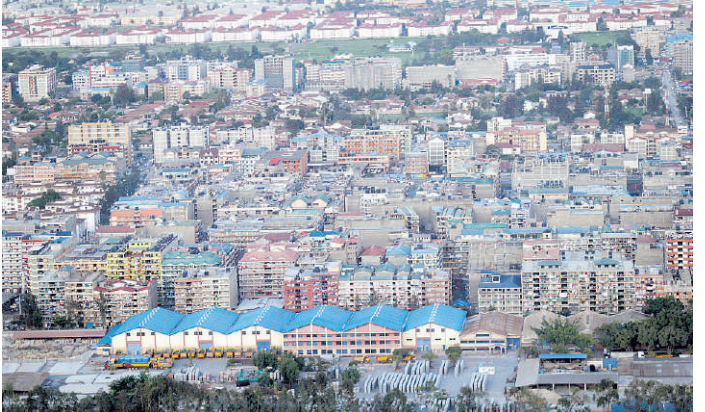

More than 5,000 Nairobi property owners risk losing their assets as the county government begins auctioning land to recover unpaid rates.
The landowners are being sent the final SMS warnings by City Hall, marking the beginning of an aggressive auction campaign targeting properties with overdue land rates.
The county’s forceful recovery of unpaid rates is backed by the newly enacted National Rating Act No. 15 of 2024, which empowers counties to seize and auction properties over unpaid rates.
The SMS alerts sent over the weekend are blunt: property owners must pay by June 30 or risk losing their land. “No further notice will be given before court action,” the messages warn.
The first round of SMS alerts was dispatched on Sunday, with additional batches expected to be sent throughout the week.
The messages leave little room for interpretation. One typical SMS reads: “Your property LR XXX has an outstanding balance of KES XXX (Invoice No. YYY) and has been forwarded to auctioneers for recovery. Pay in full by 30th June to avoid auction. No further notice will be given before court action.”
The warnings signal a serious escalation as City Hall moves to auction properties with overdue land rate payments.
Tiras Njoroge, Nairobi county receiver of revenue, confirmed that the auction process is fully underway and backed by law.
“This is not a threat. It’s the law being implemented,” he said. The effort is grounded in the National Rating Act, which grants county governments expanded powers to recover unpaid land rates through direct enforcement, including auctions.
To reinforce the campaign, the county has also secured court orders and formally requested the Ministry of Lands to place caveats on the affected properties. These legal notices effectively freeze any sale, development, or transfer of ownership until all outstanding land rates are paid.
“This move is about fairness,” Njoroge said. “It’s unjust for small traders and homeowners in low-income neighbourhoods to faithfully pay their dues, while owners of multimillion-shilling properties in prime areas evade payment and still benefit from county services.”
Njoroge said improved compliance could transform the county’s ability to deliver public goods. “With proper revenue, we can fix roads, stock our hospitals, and provide clean water. But everyone must contribute.”
He added that enforcement will continue beyond the end of the financial year, warning property owners not to dismiss legal notices or ignore court orders. “If you receive a court document, don’t panic—comply. This is about restoring equity.”
The aggressive push has drawn both support and concern from different quarters.
President William Ruto weighed in during a Sunday church service at the Church of Christ in Africa in Makadara. But while defending the principle behind the auctions, he urged Governor Johnson Sakaja to pursue a more consultative approach.
“Let me ask you—how do you live in a house for 15 years and never pay a shilling in land rates? Is that right?” Ruto posed. “I propose that you allow people to pay in installments. Be assertive, but also engage them.”
The new law and the county’s firm stance have turned a routine tax issue into a flash point for broader conversations about accountability, social justice, and urban development. For many residents, the threat of losing property they’ve owned for decades feels sudden and overwhelming.
For the county, however, the campaign represents a long-overdue effort to close revenue gaps and build a more functional capital.
The warnings signal a serious escalation as City Hall moves to auction properties with overdue land rate payments.












